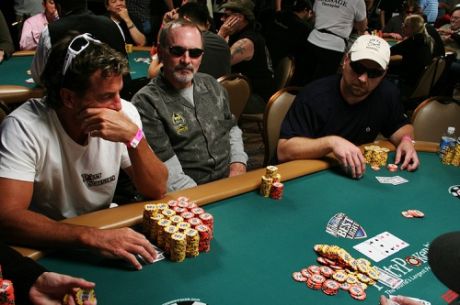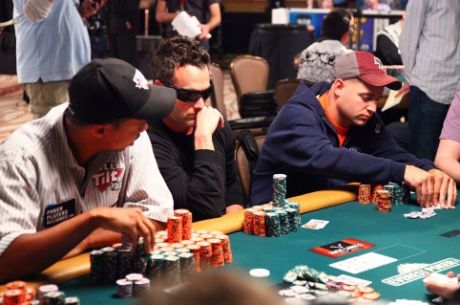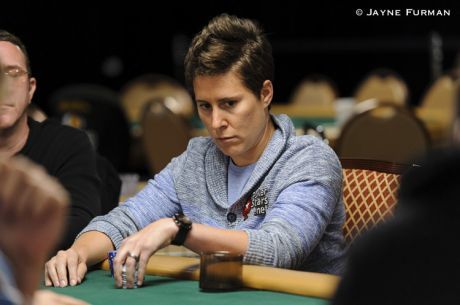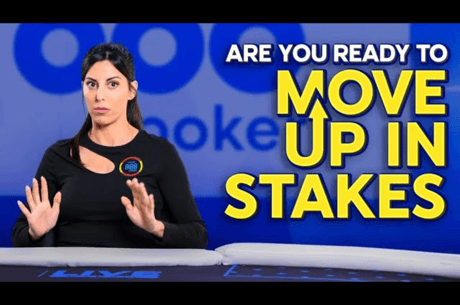Three Ways To Decide Whether or Not to Show Your Winning Hand
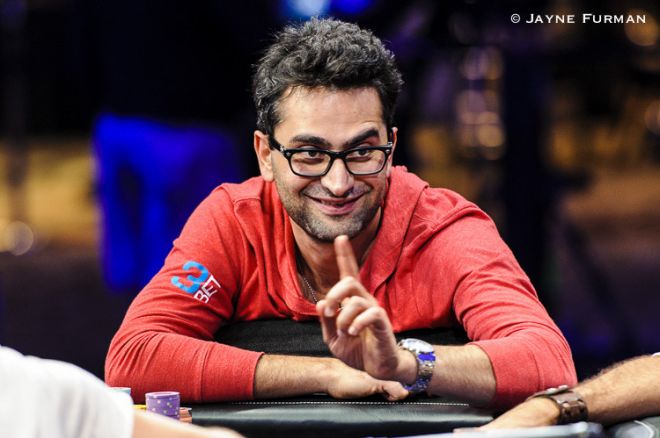
Today I��d like to discuss a particular situation that presents players with a specific, not always simple decision �� whether or not to show a winning hand when you don��t have to.
The only way this situation arises is when you make a bet or raise that nobody calls, thus earning you the pot by having the last live (unfolded) hand. The dealer pushes you the chips from the middle of the table. Before you give your cards back, you have a choice to make �� you can either show them or keep them secret. Which is better?
The fact is, deciding whether or not to show a winning hand is a genuinely strategic decision. It��s also a difficult question with no single best answer.
Some professional players just make it a policy never to show their cards unless the rules require it. That is certainly the simplest practice. It has the great advantage that you make the decision once and you��re done having to think about it. It��s one less thing to have on your mind when you��re in the heat of poker battle.
Voluntarily revealing your hole cards can cost you money by giving your opponents free information, and so having a habit of never unnecessarily showing your cards can plug that leak completely. Optimal long-term strategy probably favors showing in carefully selected circumstances, making the practice of never showing only a small deviation from optimal strategy. It is at worst a small mistake, however, while erroneously showing can be a very large and costly mistake.
Let��s suppose you want to move beyond that simplest approach, though, and try selectively showing your cards after winning a hand. When and on what basis should you do so? Because I��m convinced that there is no one right answer to that question, I��ll give you three answers from respected authorities, and let you decide which to try.
Daniel Negreanu
In his book Hold��em Wisdom for All Players, Daniel Negreanu advises to show your cards anytime you made a move that you don��t normally make and that you don��t plan to make again during that poker session. Doing so gives out false information about how you play. Weak opponents will tend to assume that you were actually showing your typical play, and thus will draw erroneous inferences in future similar situations.
Negreanu cautions, however, that novice players should not attempt this, and should instead always choose not to show. Selective showing, he says, is a tactic for stronger players to use against weaker ones, not vice-versa.
Mike Caro
One of my favorite poker books is Caro��s Most Profitable Hold��em Advice. In it, Mike Caro spends several pages discussing how to show cards selectively in order to reinforce the erroneous tendencies of specific players.
For example, Caro suggests showing your strongest hands to players who are already inclined to fold too often when you bet. Doing so will have the effect of making them think, ��Yep, that guy always has the goods, just as I suspected.�� As a result, they will tighten up even more against you, which allows you to continue getting away with bluffing.
Conversely, Caro recommends showing your bluffs to players who are inclined to call you too often, in order to prod them to call you even more often when you have the goods.
Antonio Esfandiari
In 2011, Antonio Esfandiari was doing live commentary at the World Series of Poker, and he was asked the show/no-show question.
He said that he never shows cards that would reinforce opponents�� good decisions. If they fold, he won��t show them a winner �� but he might show a bluff. He wants to spread disinformation and put opponents on tilt for having made a mistake, not give them a psychological reward for having made the correct decision.
I think that is a powerful strategic approach to the question.
Conclusion
More important than the specifics of how you go about deciding when selectively showing your cards might be advantageous is the simple wisdom that you actually be thinking about showing or not showing when the situation arises. The foremost thing to keep in mind is that it is a strategic decision, not one to be made on the basis of a whim or emotional gratification.
Whatever you choose to do, be sure that you have a reason for showing or not showing your winning hand �� every time.
Robert Woolley lives in Asheville, NC. He spent several years in Las Vegas and chronicled his life in poker on the ��Poker Grump�� blog.
Get all the latest PokerNews updates on your social media outlets. Follow us on Twitter and find us on both Facebook and Google+!

